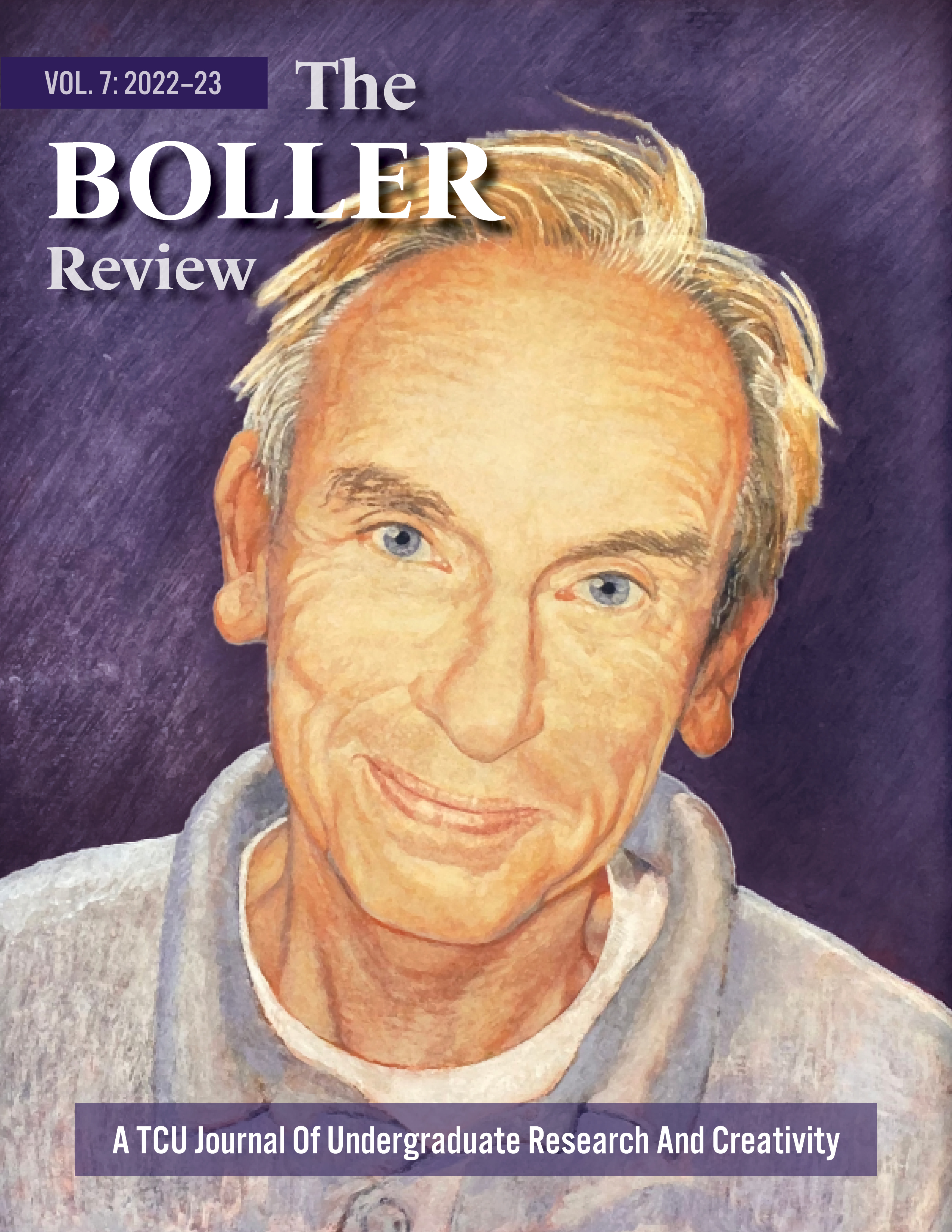Utilizing Digital Thermal Monitoring (DTM) to Measure Reactive Hyperemia of Type 1 Diabetes Mellitus on Cardiovascular Endothelial Function
Main Article Content
Abstract
The role of type 1 diabetes mellitus (T1DM) on the female cardiovascular system remains largely a mystery. However, it is widely accepted that insulin plays a role in cardiovascular protection. Hemoglobin A1C levels allow for further understanding of glucose impact upon endothelium and endothelial function in young females currently utilizing continuous glucose monitoring (CGM) along with insulin therapy. Flow-mediated dilation provides images of the dilation of the brachial artery under shear stress. The control group, those without a diagnosis of T1DM, are expected to have lower levels of hemoglobin A1C. The experimental group, women with T1DM, experienced significantly higher hemoglobin A1C levels and along with vascular reactivity index (VRI) scores than the control group. This finding has future influences in female cardiovascular health, protection of endothelium, and the wider debate over the influence T1DM and tighter controls of glucose regulation have on endothelial health.
Comments from Mentors
I enjoyed working with Mary on this project, and she did a great job in presenting her findings to the college at the Boller event.
